Water security allows us to expand our impact, building healthy and resilient communities in the context of climate change and rapid urban growth. Communities enjoy water security when they successfully manage their water resources and services at all times to meet all their water-related needs.
WASH in an integral part of water security, and improving global access to water and sanitation is a core part of our work in building healthier and more resilient communities.
Find out more about our work below.
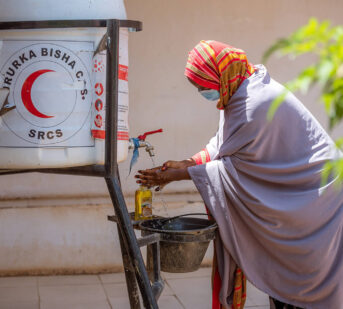
Cholera is a global threat, and since January 2022 thirty countries have reported cholera outbreaks.
Learn more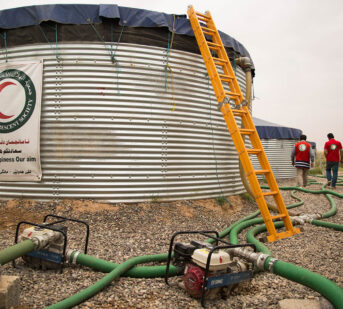
Emergency water supply involves rapidly establishing systems to provide safe drinking water during acute crises such as natural disasters, conflicts, or disease outbreaks.
Learn more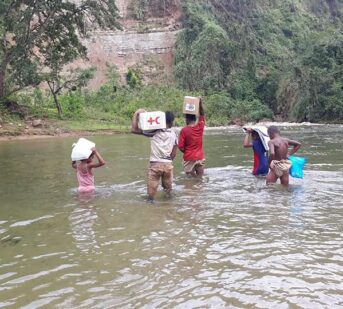
Climate-related disasters affect billions every year, destroy infrastructure, weaken systems and impact service provision.
Learn more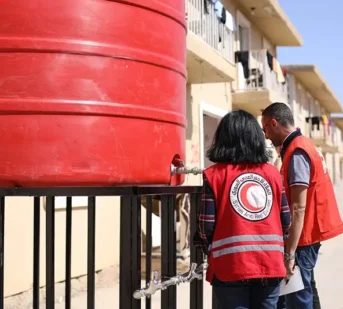
WASH programming has traditionally focused on the needs of rural communities.
Learn more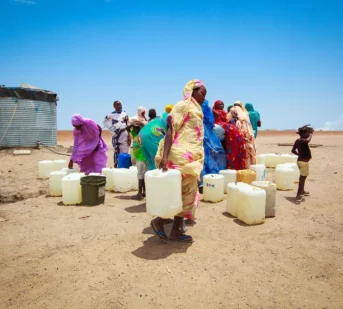
Water insecurity – driven by climate shocks, poor infrastructure, and weak governance – undermines peace.
Learn more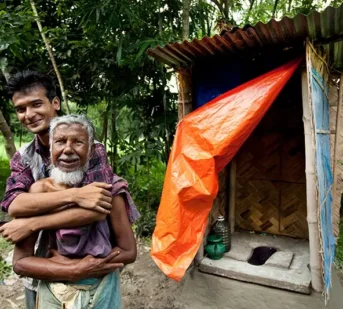
Sanitation encompasses the safe management of human excreta and environmental waste to protect public health and human dignity – and the environment.
Learn more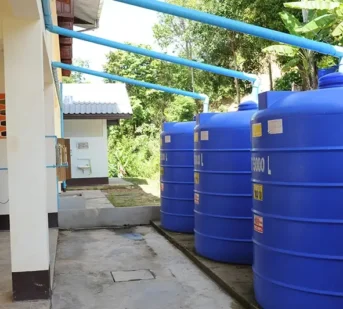
Our approach recognises water as a fundamental human right and essential resource for health, dignity, food security and livelihoods.
Learn more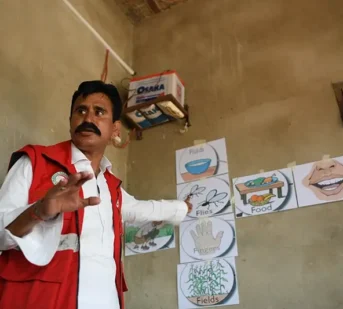
Water supply and sanitation facilities (“hardware”) on their own are not enough to prevent disease or to enable people to take action and change behaviour for better health, dignity and wellbeing.
Learn more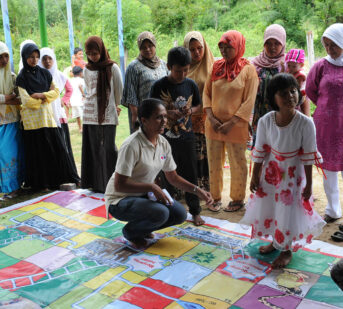
Children often have a strong influence on household hygiene and sanitation behavior.
Learn more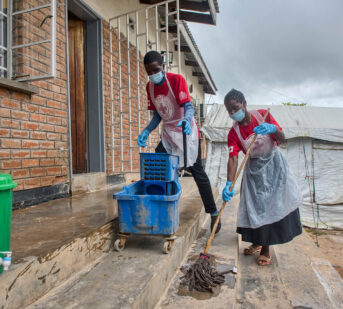
Water, sanitation, hygiene (WASH), waste management, and reliable electricity are essential for safe, quality healthcare.
Learn more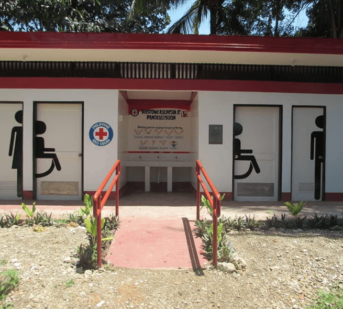
Menstrual hygiene management (MHM) is about ensuring that people who menstruate can privately, safely and hygienically manage it with confidence and dignity.
Learn more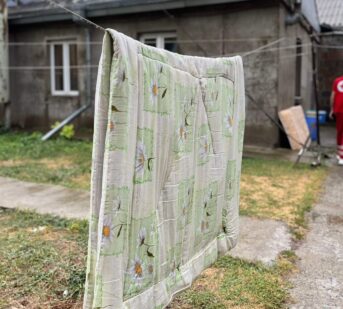
Incontinence is where a person is not able to hold onto (or control) their urine (pee) or faeces (poo), or both.
Learn moreSign up to receive updates from the IFRC WASH unit here, or contact us for more information